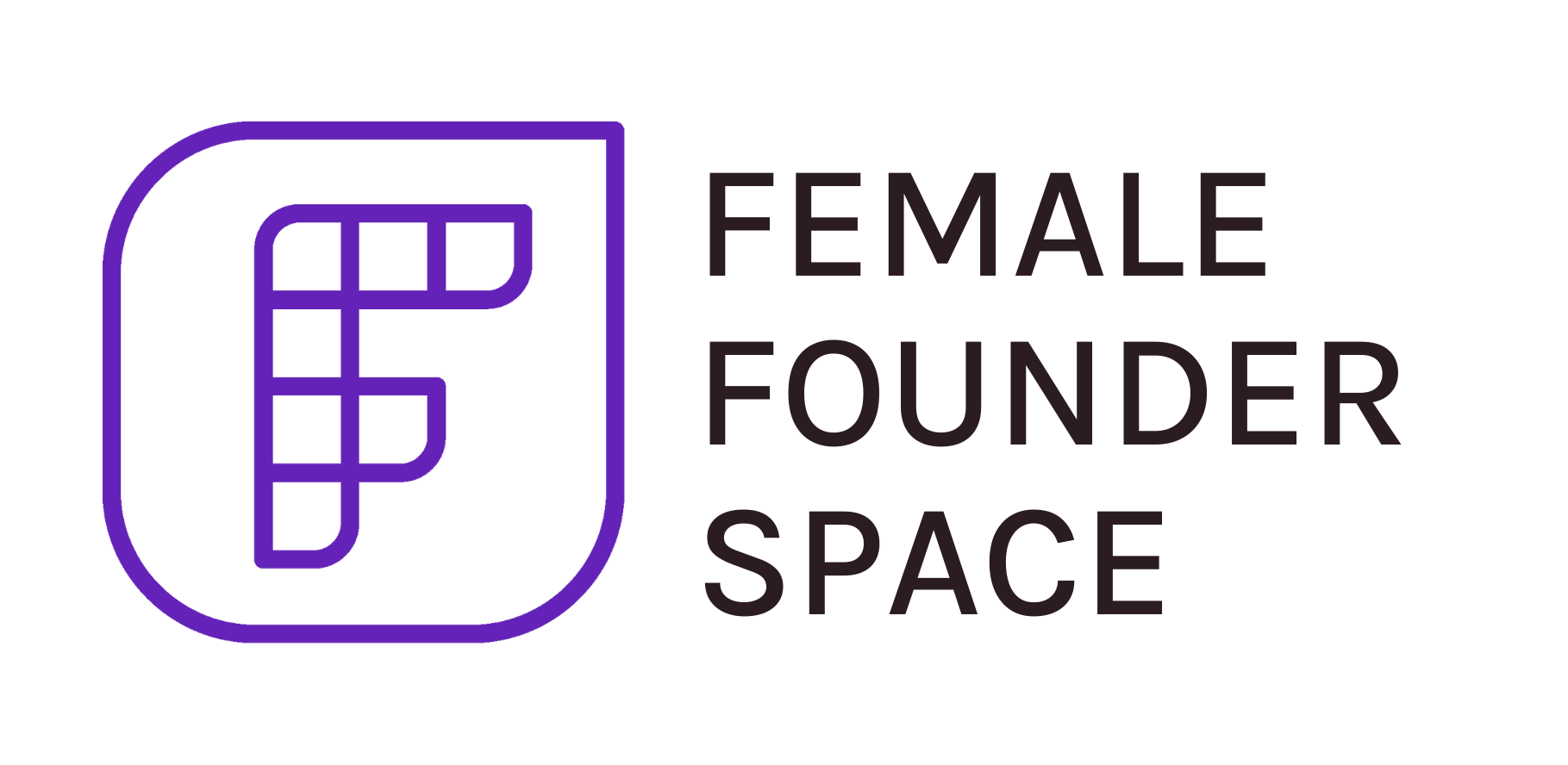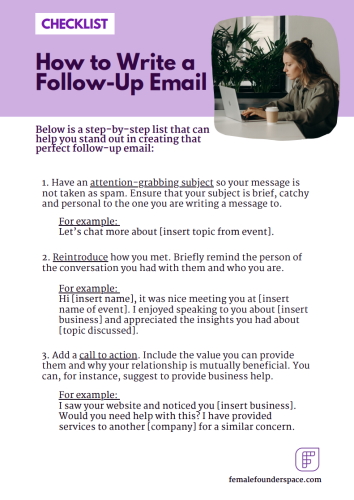Back to Course
Network Like a Pro - Even if You Don’t Feel Like It
0% Complete
0/0 Steps
-
Why Networking is Essential for Your Businesses
-
Step 1. Define a Network You Need3 Topics
-
Step 2. Make Preparation2 Topics
-
Step 3. Start a Conversation2 Topics
-
Step 4. Lead Conversations3 Topics
-
Step 5. Ask for a contact2 Topics
-
Step 6. Follow up4 Topics
-
Step 7. Ask for help2 Topics
-
Manage Challenges & Avoid Mistakes in Networking2 Topics
-
Networking Challenge to Get You Started!
Lesson 7,
Topic 1
In Progress
Follow up through E-Mail & Social Media
Lesson Progress
0% Complete
Transcript
Following up after a networking event is important in so much as that you have something to contribute or something someone could contribute to you. So I went to a networking event recently and I met this guy who was making these really cool drones for delivery in his country. And it has nothing to do with me, or I can’t help him. I don’t know the right people. So, I linked with him on LinkedIn, but I didn’t send him an email.
On the other hand, I met somebody who’s interested in new forms of: He was talking about leadership training, and he was talking about leaders of companies and how they’re having trouble figuring out the future. Well, that’s really up my alley. I’m talking about the future. I’m talking about new forms of economy. So with him, I wrote up and I said, “hey, let’s meet”. And then we set up a meeting. The most amazing thing about networking after an event is most people don’t do it. So even if you just write a little email saying, “hey, I met you at the event; here’s the link that I was talking to you about”, you’ll stand out from everybody else. People will remember you. But make sure that you’re not just wasting your time and you’re not wasting other people’s time.
To me, networking is about giving. It’s like making a deposit in your “karma account” or your “business account”. The more you give, the more you get. So make sure that when you’re doing these follow-ups, it’s not just an administrative activity, but it really places whether there’s a contribution to be made either by you or by the other person. A lot of times people go to networking and you can feel their vibration when they’re all about, “how can I sell you something? And, “how can I push something that I want to you?”. And you don’t follow up with those people because you don’t like them, right? So don’t be that dude. Be the person who’s there really being interested in other people and seeing how you’ll contribute to them.
I always connect on LinkedIn. Just about, always, with everybody. And it’s useful because networking, it’s not like there’s a direct thing that happens. Like I’m going to meet the exact right person at the exact right time. You’re probably going to meet the exact right person when you don’t even know you need them. And you might be the exact right person for someone else not knowing it. So next week you might meet some other person you want introduced to that last person, for example. That would be a contribution that might not help you in any way, but except that you get good karma in your “karma bank”, as I said; and people remember you as a decent person that they want to help. I mean, everybody wants to help somebody who helped them. That’s just how humanity has survived. All these, these trials and tribulations many years, that’s our genetic code.
Do you want to have those people on your LinkedIn profile? Another thing about LinkedIn is, particularly if you have the premium version, you can add notes. If I add somebody to my contact list, often I’ll write how I met them as well, and some kind of keywords so that I can find them later. Because you just don’t know. And you’ll be like, oh man, I was at… that thing…in Berlin…and, ah, what was it called? It was two years ago…. So being able to find those people again, because you just don’t know when you’re going to need them. And LinkedIn is the best for that because people move on; LinkedIn gives you news about them. It’s a professional networking place.
Facebook is particularly weird to connect to people on, in some professions; but it really depends on your locale and how it works. In Israel, where a lot of my business life was, people regularly connect for business on Facebook. The screening algorithms on Facebook are particularly bad. That is, you don’t own your contacts. They filter out a lot of the stuff that you probably do want to see. So I don’t recommend Facebook at all for anything. I mean, I use it so that my mom knows what I’m doing; and I’m 52, so my mom’s really old. My kids don’t use that to communicate with me. All right, so Facebook is pretty outdated at this point. And again, it depends on your industry. My industry, in the crypto industry, people tend to use Telegram; they tend to use Twitter. So, those are the social media that are appropriate for my industry. And every industry is a little bit different. If you’re a designer or a coach or something, probably Instagram is more appropriate for your particular industry.
Now that you’ve learned all about following up from our expert video, it’s time to apply it! Below we have prepared a step by step checklist for you to go through to write that follow-up email. Take a pen, download the file and get working.

